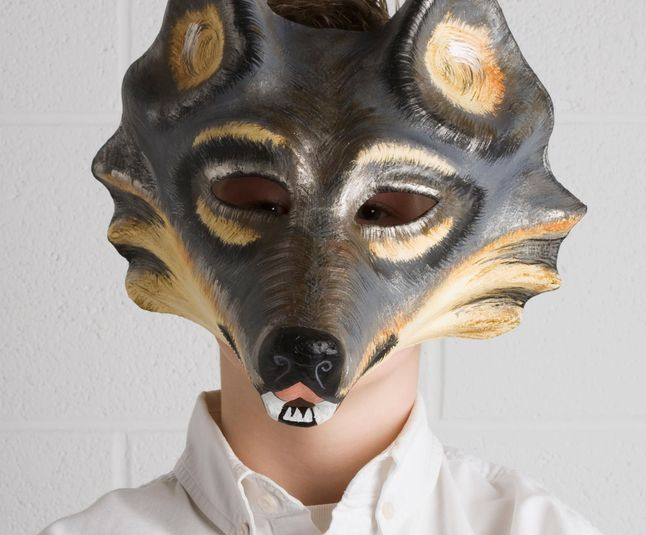In Scotland, concerns have been raised after reports surfaced that some primary school pupils are identifying as animals, and schools are allowing this to happen.
A second Scottish council has confirmed that at least one pupil has been recognized as experiencing “species dysphoria”—a condition where an individual feels they belong to a different species.
This follows reports last month from the Daily Mail about a secondary school student in another area who was permitted to identify as a wolf.
Despite the recognition of this condition, critics argue that species dysphoria has no scientific foundation. Dunbartonshire-based clinical neuropsychologist Dr. Tommy MacKay stated that the condition does not exist and that children should be encouraged to “snap out of it.”
Chris McGovern, chairman of the Campaign for Real Education, also expressed concerns, stating that schools should not be “aiding and abetting a child’s mental health crisis” and should instead focus on discipline and common sense.
In response to a Freedom of Information request, the council admitted that at least one primary school pupil had been identified with species dysphoria, though they declined to specify the animal involved. Officials noted that no guidance has been provided to teachers on handling species dysphoria, but educational psychologists would be consulted if needed.
Documents seen last month confirmed the first known case in Scotland of a pupil identifying as an animal—a wolf—within a group known as “furries,” where individuals adopt animal personas.
Increasing numbers of young people are reportedly identifying as various animals, including foxes, birds, and snakes, with some sharing their experiences on social media and offering advice on “coming out” as animals.
Dr. MacKay, however, strongly disagrees with these developments, asserting that species dysphoria is not a legitimate condition and urging schools to take a more practical approach by helping children “get to grips with themselves.”












